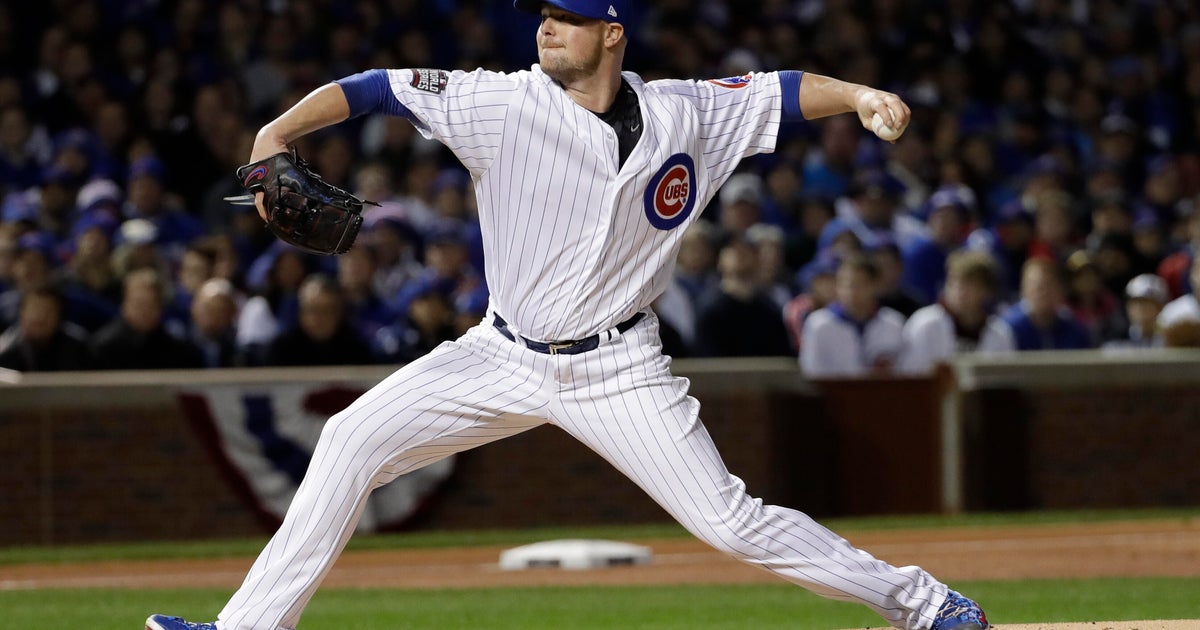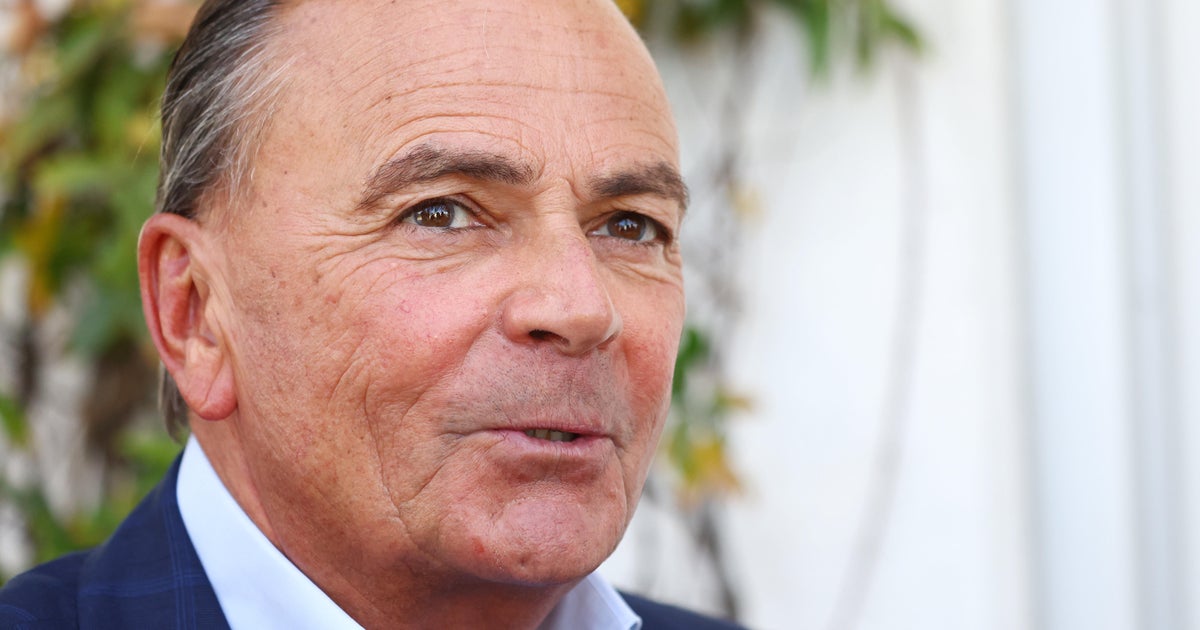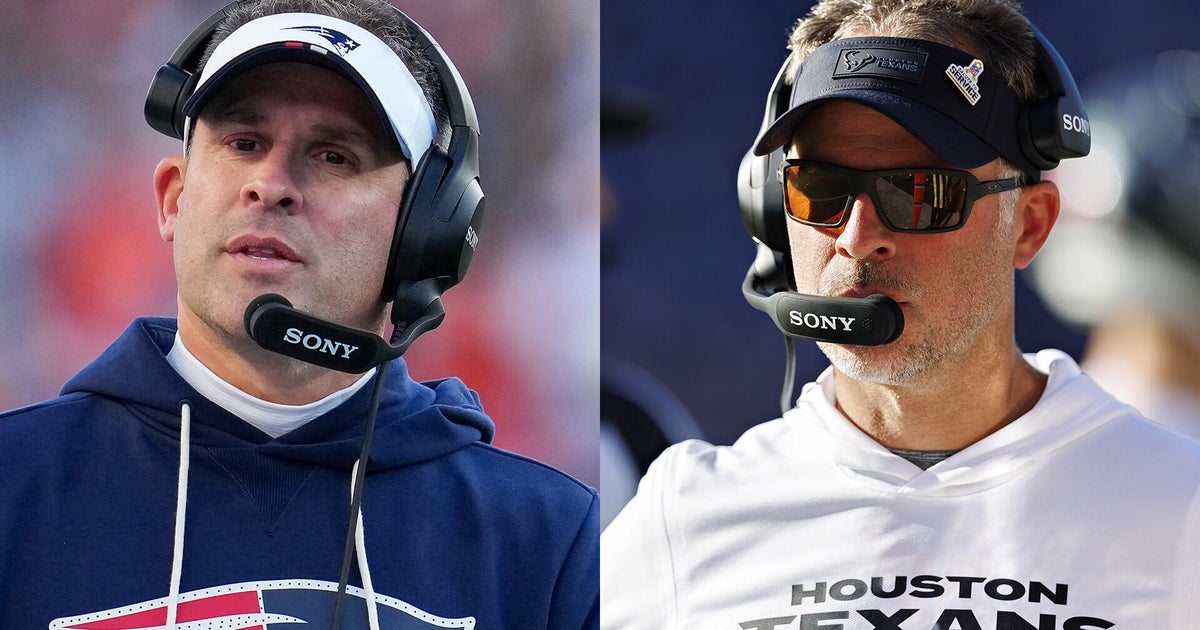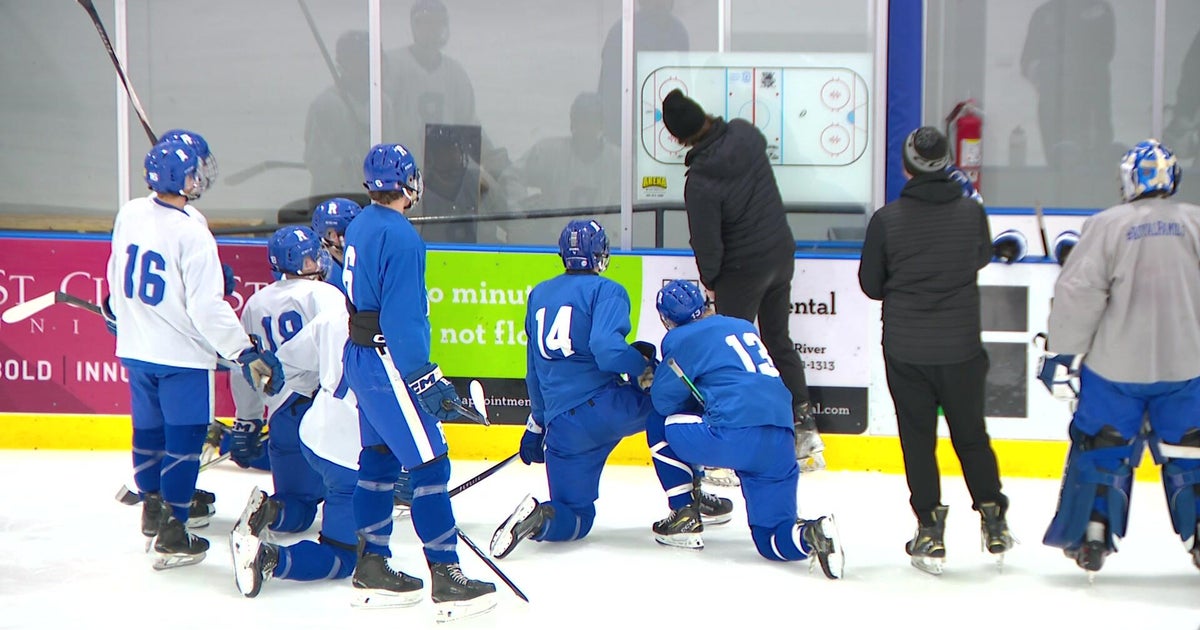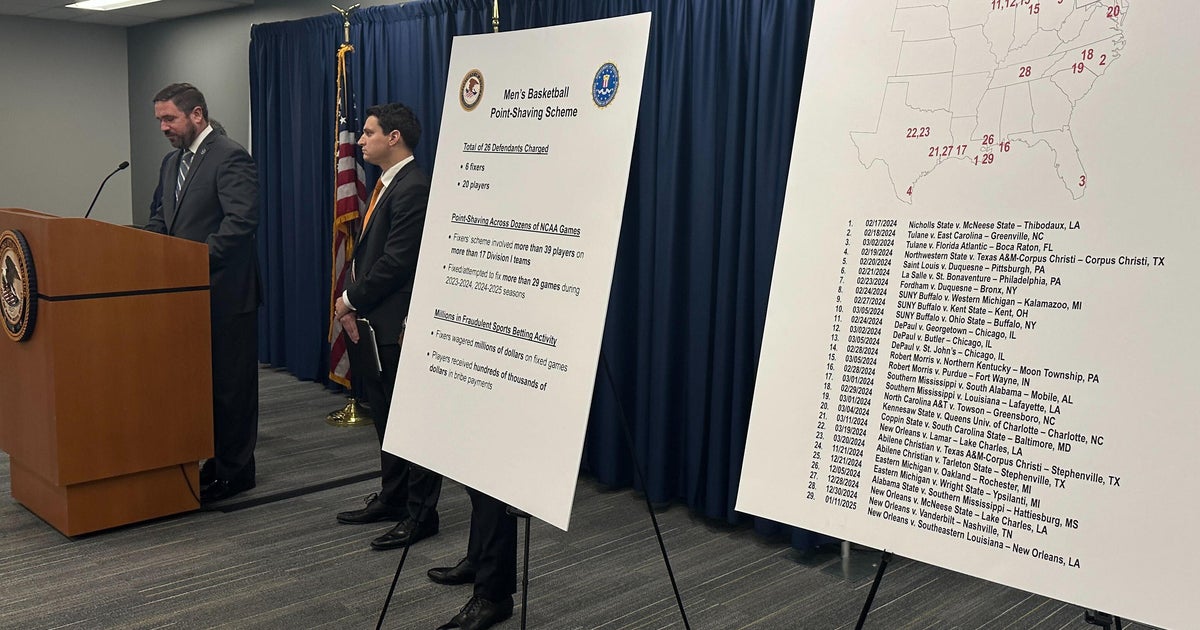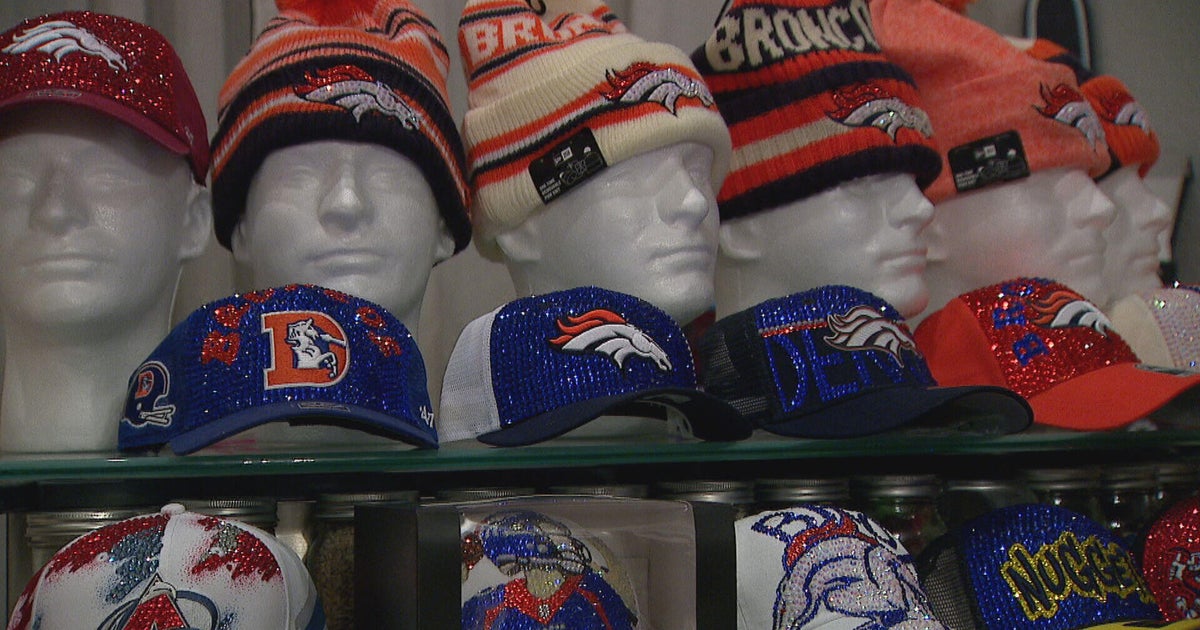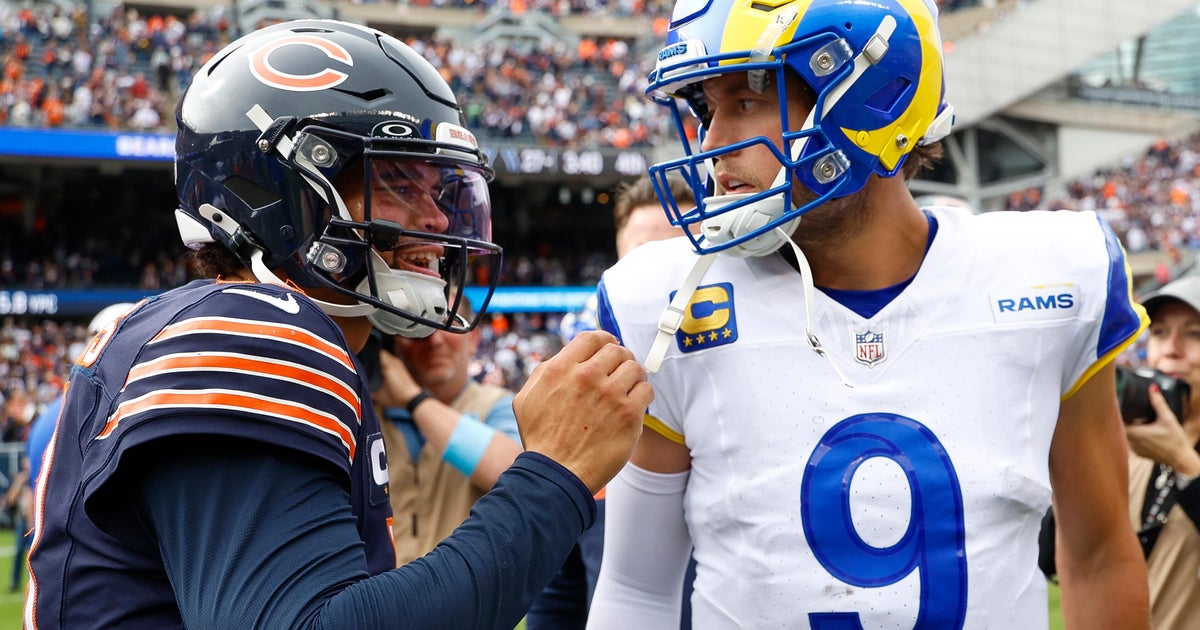Rick Wolff: How I Was Hustled By Charlie Hustle
By Rick Wolff
The year was 1989, and I was serving as the editor on Pete Rose's forthcoming autobiography, which was being written by Pete with the help of the esteemed Roger Kahn of "The Boys of Summer" fame.
First, some perspective: I'm from a generation of baseball fans who grew up wholly admiring Pete Rose. Here was a blue-collar guy who, through endless hard work and determination, had made himself into a pure hit machine. But more than that, he added that little extra punctuation by always running full-out to first base on a walk, never standing down from facing baseball's top pitchers, and he always embraced the full-out contact of the game. (Sometimes people forget that when Rose barreled into catcher Ray Fosse that it was done during a meaningless 1970 All-Star game – not in a regular-season or playoff game.)
But that's how Pete played the game. Hard. Tough. Determined. He wasn't the biggest, or the fastest, or the strongest, but he played the game the way it was supposed to be played. He represented all the right things in American sports.
As a result, when I had the opportunity to work on his autobiography, I couldn't wait. But then, as the manuscript was coming into final form, there were all sorts of noises coming from Major League Baseball that Rose had been betting on sports, and in particular, on baseball games.
This wasn't good.
You know the old saying in baseball: you can do drugs, drive drunk and so on – you do your penance and all is forgiven. But the one thing you can never, ever do? Bet on the game.
As Commissioner Bart Giamatti dispatched John Dowd to investigate and assemble the evidence, Rose's autobiography was being finalized in time for publication later that fall. Yet the headlines in the papers were becoming impossible to ignore.
I finally said to Kahn: "Rose keeps denying all these charges, but if there were ever a time for him to defend himself, it is now. And he needs to make his case in his book."
Kahn agreed. We were very tight on deadline, but Roger and I flew out to Cincinnati to meet with Rose and with Reuven Katz, Rose's long-time attorney. And there, in a small angular office, Rose and Katz laid out their defense of how Rose was basically being framed by some low-lifes who wanted to bring him down.
If you can find a copy of "Pete Rose: My Story," you will find a self-defense that would have been used in a court of law if it had ever gone that far. In the key chapter – "The Gambler" – Rose carefully went through his defense: that the three main accusers – Ron Peters, Paul Janszen and Mike Fry – had everything to gain in implicating him. In particular, Peters had a lot to gain, it was argued. If he told his tale about Rose, then someone from MLB, perhaps the commissioner, could write a letter on Peters' behalf to help influence a judge who was soon going to sentence Peters. To Rose and Katz, this was a serious conflict of interest.
Another key witness for Rose would have been Dana Martino, an attorney well-versed in the ways of gambling. Martino would have testified that the betting slips were curious in the way they were put together, and more disturbing, they contained serious errors (having two teams playing each other on an off-day, teams playing a game in the wrong city, etc.). For Rose, a guy who practically memorized every stat in "The Baseball Encyclopedia," he wouldn't make basic mistakes like that.
And there was more to Rose's defense. Fingerprints and handwriting that appeared on the questionable betting slips were smudged and hard to decipher. A handwriting expert would testify that it was difficult to conclusively prove that the writing was Rose's.
I remember sitting on the plane back to New York City with Kahn, and observing, "You know, Roger, I know John Dowd has a lot of evidence against him, but Pete does make a pretty convincing case. If I were sitting on a jury, I'm not sure I would convict him."
But of course, Rose's day in court never happened. Instead, Giamatti and Rose reached an agreement of a lifetime ban from the game without any admission of guilt.
Pete's book went onto become an immediate New York Times bestseller and sold briskly. In spite of the agreement, there were clearly tons of baseball fans who fully believed Rose and embraced his defense.
As a result and because of the book, it seemed that the debate about Pete and whether or not he gambled on baseball would continue for years.
It was only some years later when Pete, always the hustler and apparently always looking for cash, published a "new" autobiography in January 2004. In this version of his life, "Pete Rose: My Prison Without Bars," he openly admitted that he had, in fact, gambled on baseball. But he never bet against his team, as though that somehow exculpated him.
That meant, of course, that the all-important chapter about gambling in "Pete Rose: My Story" was now fictitious. In effect, that book -- a work of sports nonfiction -- had now morphed into fiction.
Is there some sort of lesson to be learned here? Hard to say, except that I learned the hard way not to put my baseball heroes on a pedestal. I learned that they can't always be believed. I never thought I was that naïve and that I always had a little bit of New York City cynicism in me, but geez, this was Pete Rose, the All-American kid. How could he lie to me, Kahn and his millions of fans?
No matter. At the end of the day, all that mattered was that Rose had played me. In effect, I had been hustled by Charlie Hustle.
In "My Prison Without Bars," Rose had this to offer about his admission about gambling on games: "I'm sorry for all the people, fans, and family that it hurt. Let's move on."
Thanks Pete.
And yes, I have moved on.
(Editor's note: A new book on Pete Rose, "An American Dilemma," was released Tuesday. You can listen to WFAN host Mike Francesa interview its author here.)
Rick Wolff hosts WFAN's The Sports Edge on Sundays from 8-9 a.m.
You May Also Be Interested In These Stories
